Book Recommendations: Journalism, History, and Social Science

There's a lot to recommend, so let's get right into it. I've divided this list into three large sections: Journalism, History, and Social Science. Of course, these divisions are arbitrary, but I believe it may help to guide you in finding the right book for you.
Journalism deals with books written by journalists or for a broader audience. History includes historical books; full of the nitty gritty details. Last, Social Science is a broad category that encompasses the various books I found fascinating!
Journalism
- The Jakarta Method, by Vincent Bevins
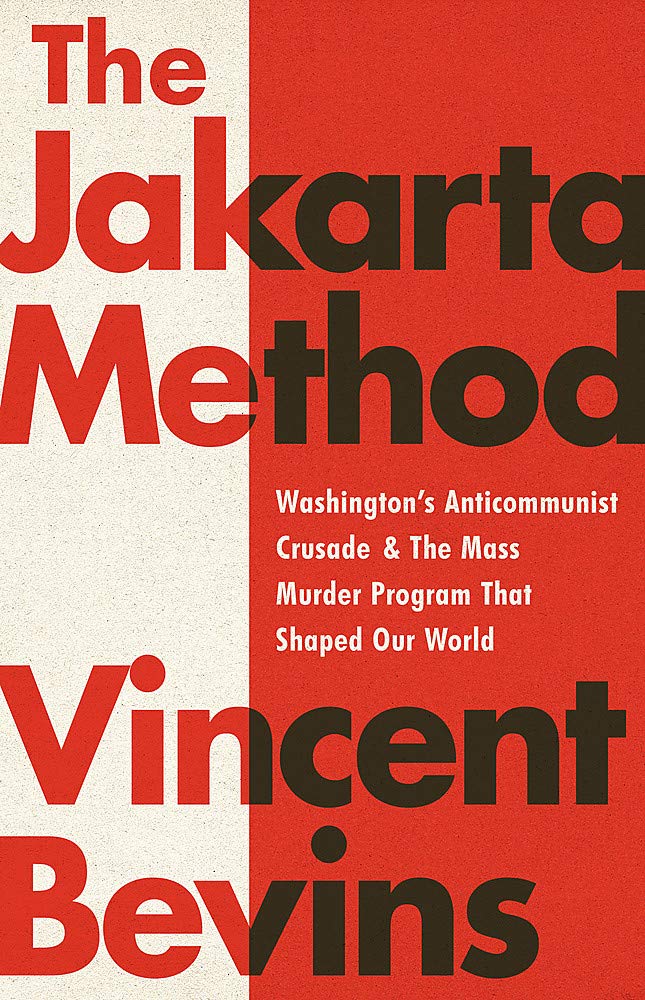
This incredible book interweaves personal interviews, large historical movements, and spans multiple continents on how the U.S government helped the slaughter of millions in Indonesia for their crusade against communism in the mid to late 20th century.
Most important is how Vincent Bevins incorporates contemporary voices and issues that stem from this history, and opens the readers eyes to so much of our recent past that has been effectively hidden.
2. Dark Alliance, by Gary Webb
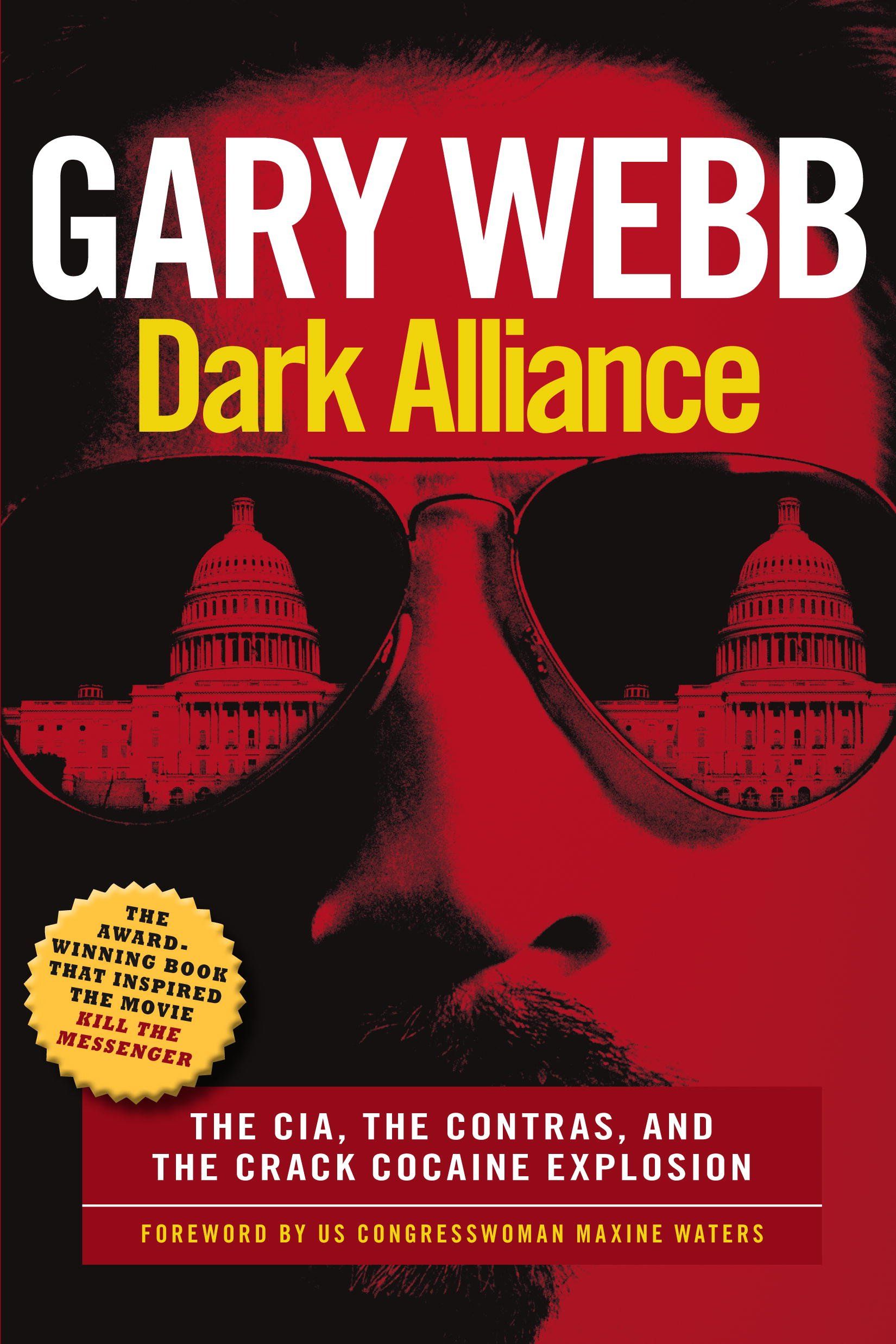
The classic book in investigative journalism, Gary Webb not only writes provocatively but will often leave you at awe on how complex, dark, and dirty politics can get.
Again, this book deals with the U.S fight against communism and how that fueled the cocaine trade, left millions of people stuck in the cycle of drug addiction, and of course, cost uncountable number of lives. If you have the time and guts to do so, this is one of my top recommendations for anyone. And yes, I mean anyone.
3. The Black Hole War, by Leonard Susskind
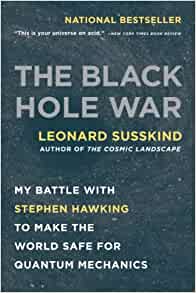
Moving away from explicit politics and mass murder, this book by Leonard Susskind goes over his own scientific battle against Stephen Hawking and understanding the physical universe.
Although not explicitly journalistic, Susskind explains difficult concepts well and introduces the reader to how murky academic circles can become. This is a great introductory book to how science is conducted behind the 10,000 dollar journals, and how humane attachment can impact the most "rational" minds.
4. Firewater: How Alcohol is Killing my People (and Yours), by Harold R. Johnson
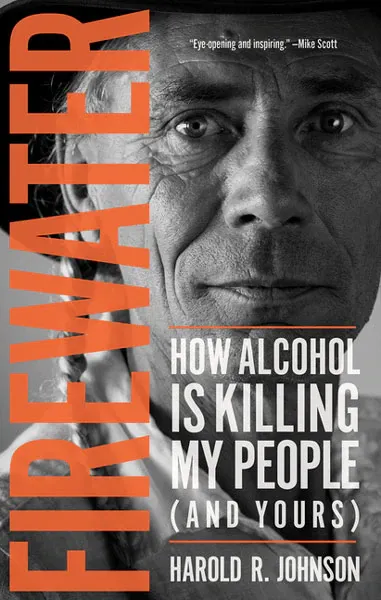
This short yet impactful book is written Harold Johnson, a Cree Crown Prosecutor working in Northern Saskatchewan, Canada. Alcohol is often the hidden factor in colonial movements, making some rich while others destitute. Harold explores these various topics through this own experience, bringing to light the often hidden dynamics of modern Indigenous politics.
5. No Place to Hide, by Glenn Greenwald
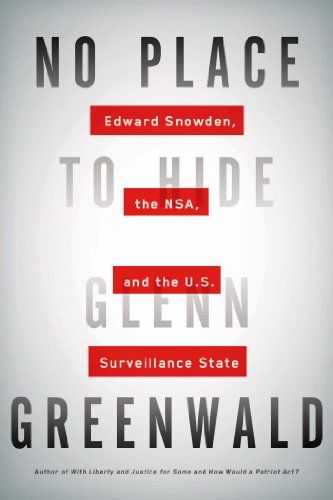
It is time to reintroduce the then household name, Edward Snowden, and the bombshell journalist who brought the mass surveillance apparatus of the U.S (and global) government to light. This is a must read, period.
Social Science
- Art of Not Being Governed, James C. Scott
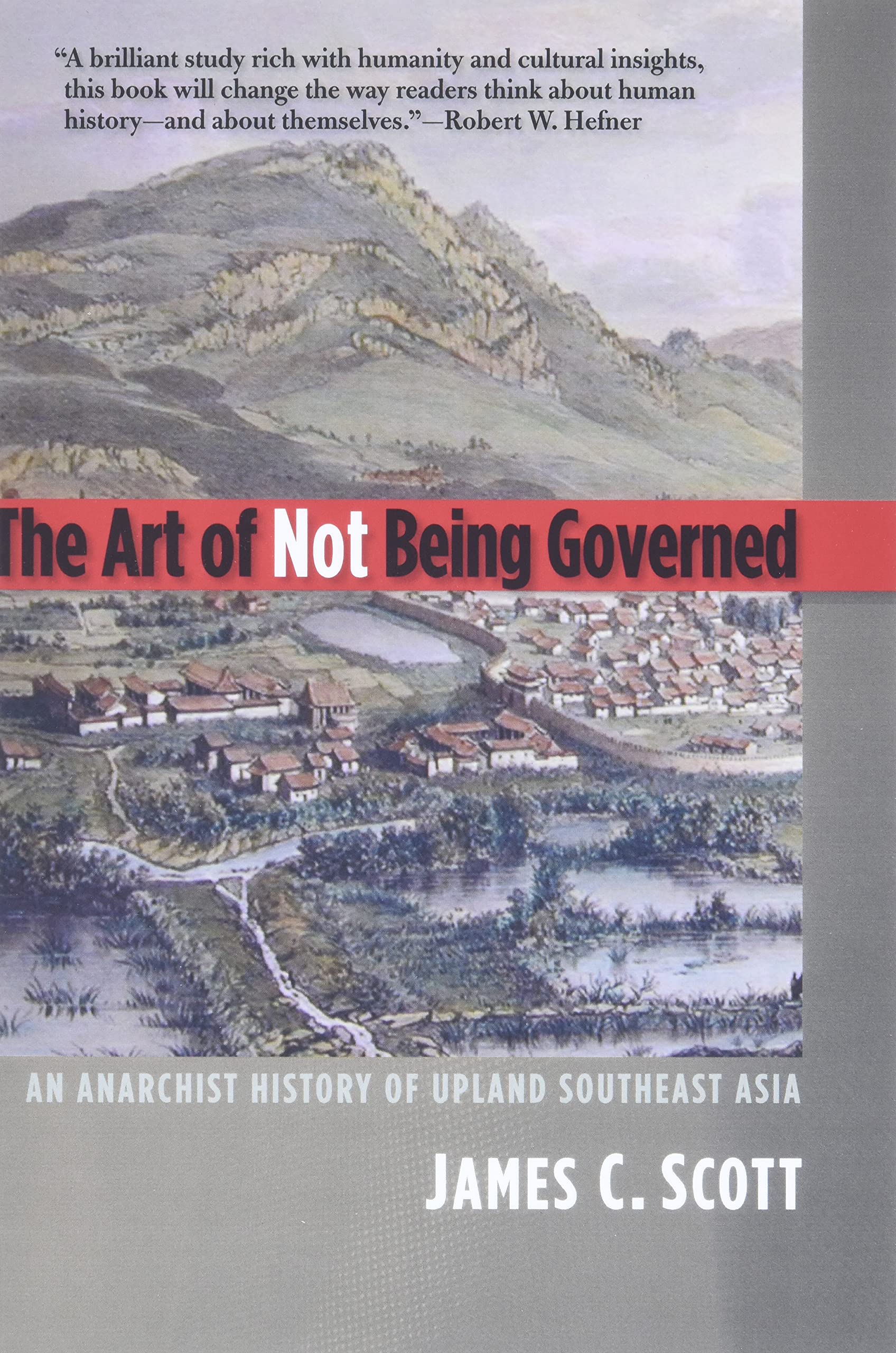
If there is a book I'd pick out from this list that has had the greatest impact on my thinking, it would be this one. Scott, through much of his other writings as well, has re-imagined the general narrative of the birth of civilization, agriculture, and statehood.
As we were all born into a time where tax, conscription, and association with a government seems natural, Scott's writing challenges this very idea through his anthropological work.
Here, the author takes us to a mountainous region in Southeast Asia that spans multiple nations, where people have historically fled from state oppression or subjugation. Why did they do so, and how? What implications does this have for our own times? This is what Scott's writing does; challenges and provokes thought.
2. Dismal Freedom, Brent Morris
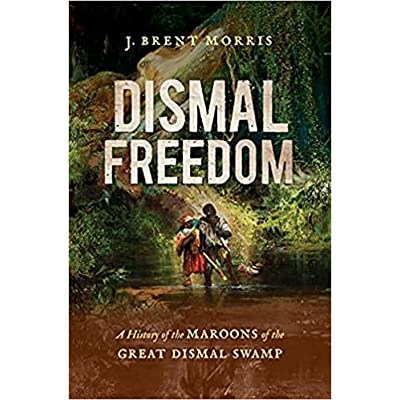
Building off of the theme from above, Dismal Freedom explores a similar dynamic of state evasion in the context of North America during and after the antebellum period.
Centering around the Great Dismal Swamp, Morris explores how this inaccessible, dense, and dismal geographic area provided a place of refuge and freedom for countless slaves running from oppression.
3. Sleeping Beauty, Suzanne O'Sullivan

Why did countless refugee children fall into a mysterious state of "sleep" that lasted for months? How did a culturally specific illness that bound itself within a group of Indigenous peoples in Nicaragua emerge?
In this book, neurologist Suzanne O'Sullivan travels the world exploring these mystery illnesses that seem to suddenly fall upon extremely focused and specific peoples.
4. Mama's Last Hug, by Frans de Waal
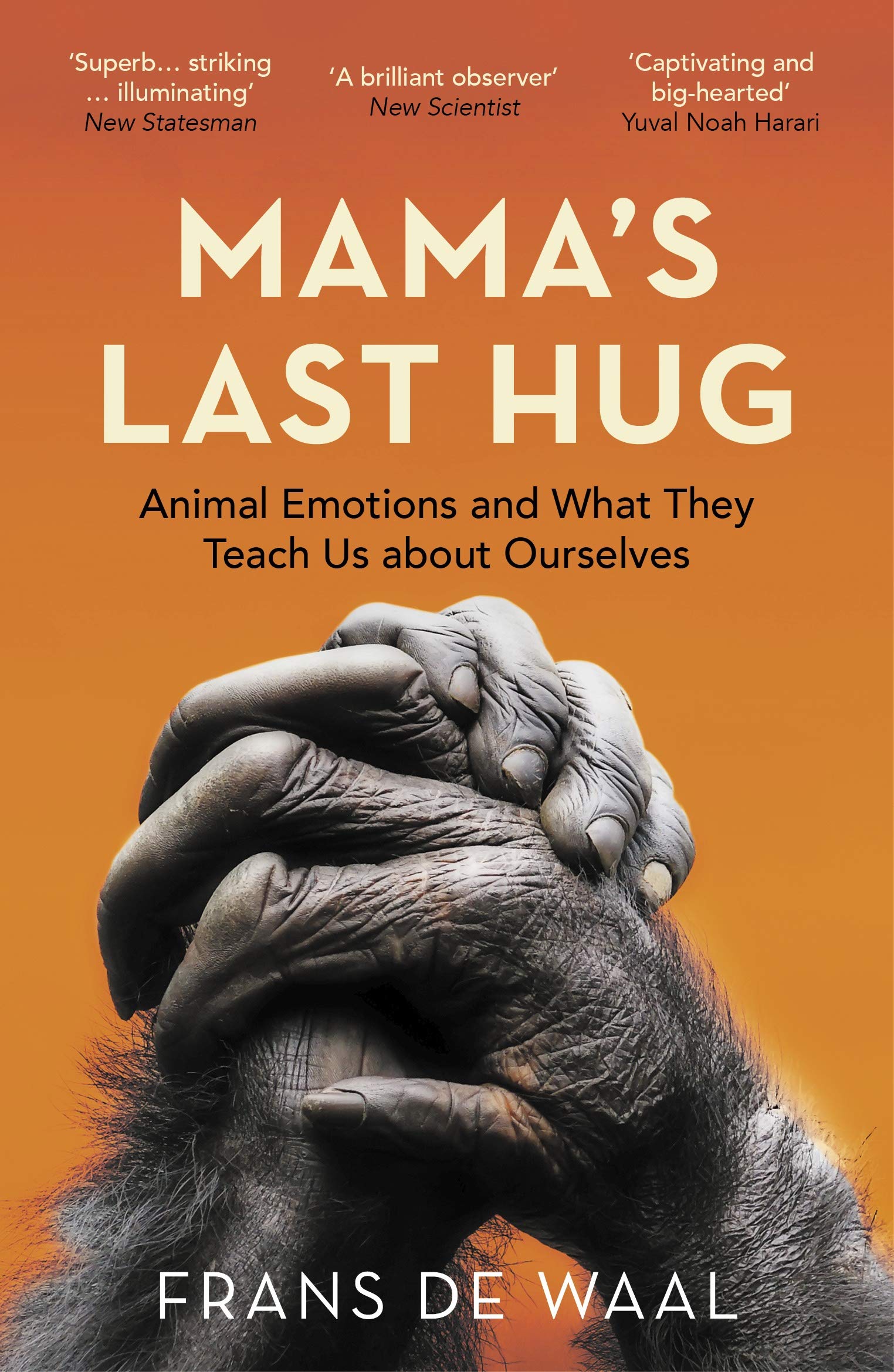
The globally renowned primatologist Frans de Waal walks us through the lessons and scientific findings he has encountered by working with chimpanzee's and bonobo's; our closest living relatives.
The insights gained from the studies in primatology are diverse: from gender relations to social structure, politics to sex, this book will make you see the world and homo sapiens through a new lens.
5. Suicide, by Jason Manning
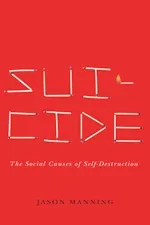
This most recent theorization of suicidal behavior takes a large sociological perspective. Focusing specifically on conflict (both external and internal), Manning daringly explores large sociopolitical themes that influence human behavior, and how these relate to suicide.
Suicide being a growing global health crisis, Manning's writing provides a stunning reassessment of our understanding of individuality, interpersonal relations, and acts of agency.
History
- Embracing Defeat, by John Dower
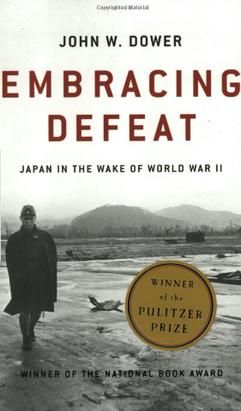
This Pulitzer Prize winning book explores the complex sociocultural changes that fell upon the Japanese people after World War 2 . Unlike other pieces that blandly gloss over internationally visible events, Dower explores how the defeat and submission of the once almighty Japanese emperor was received by the diverse Japanese public. From the quickly emerging black market, prostitution, and relations with incoming GI's, Dower's narrative is a rare English account about post-war Japan.
Simultaneously, Dower also explores dynamics at the top of the pyramid: among the Japanese elite and notably the Supreme Commander Douglas MacArthur. How did they contribute to the often forgotten Tokyo trial (the Japanese counterpart to the Nuremberg trial), and how did the Japanese emperor attempt to stay afloat?
2. How Europe Underdeveloped Africa, Walter Rodney
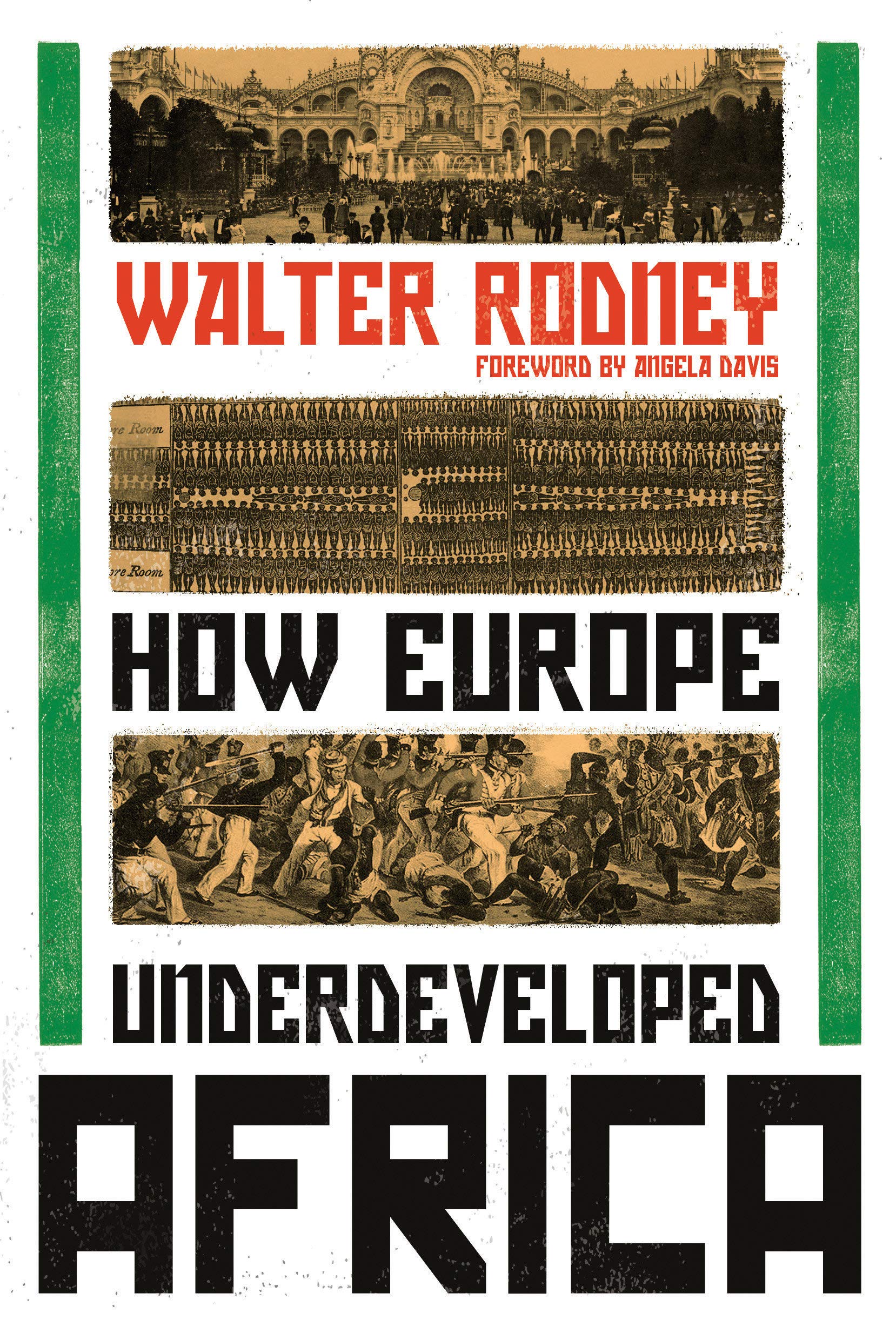
This classic on colonial studies is a pure masterpiece. By providing clear and concise definitions on often ambiguous terms such as "development," Rodney explores the vast continent of Africa and it's relationship with colonialism and capitalism of the West.
3. The History of Money, by Jack Weatherford
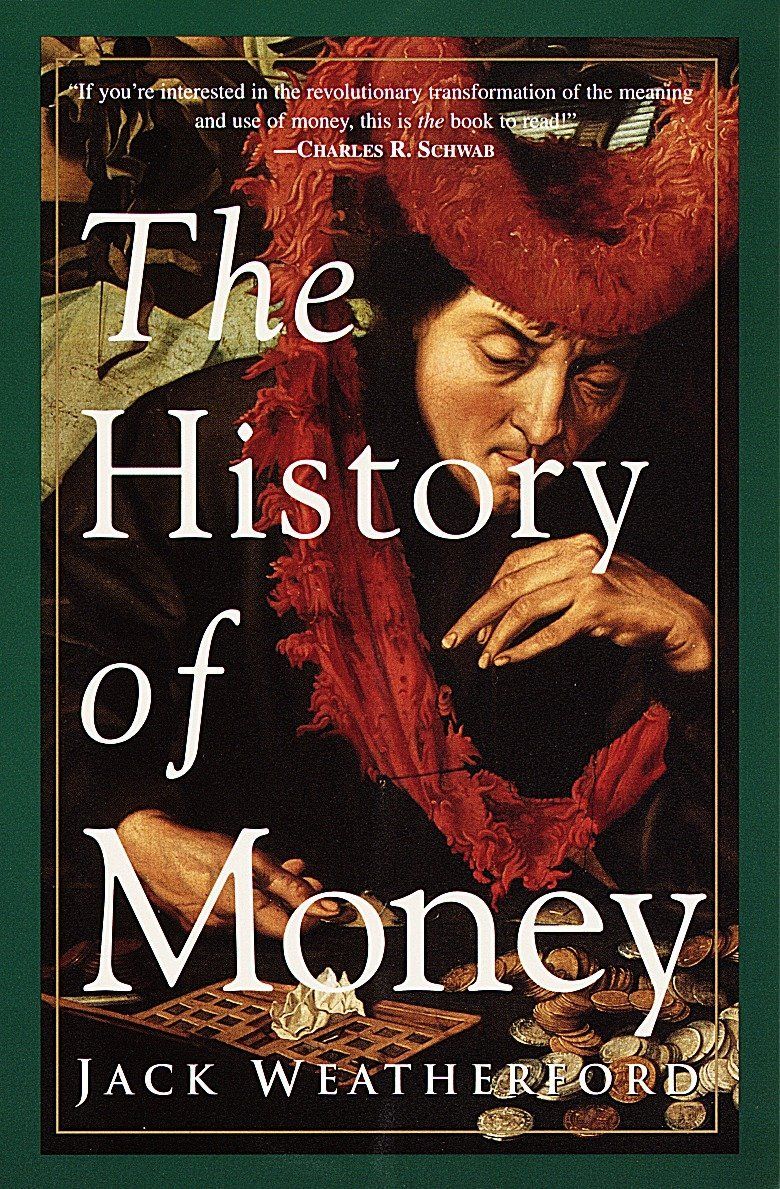
Jack Weatherford, well known for this writings about the Mongolian Empire, concisely discusses the complex history of money and how it has evolved differently across time and space.
A surprisingly easy read, the golden nuggets found within this piece may prove more valuable then the cost it takes to purchase the book.
Other notable reads, a random list
The Hundred Years' War on Palestine, Rashid Khalidi
Detroit: I Do Mind Dying, Dan Georgakas and Marvin Surkin
Why Evolution is True, Jerry A Coyne
The Gender of Suicide, Katrina Jaworski
Hegemony of Homogeneity, Harumi Befu
State Formation in Japan, Gina Barnes,
Against the Grain, James C. Scott
Asperger's Children, Edith Sheffer
The Delusions of Crowds, William Bernstein
Poisoner in Chief, Stephen Kinzer
![[Guest Post] Exploring Colonial History through Art](/content/images/size/w750/2023/11/graphite-island-banner.png)
